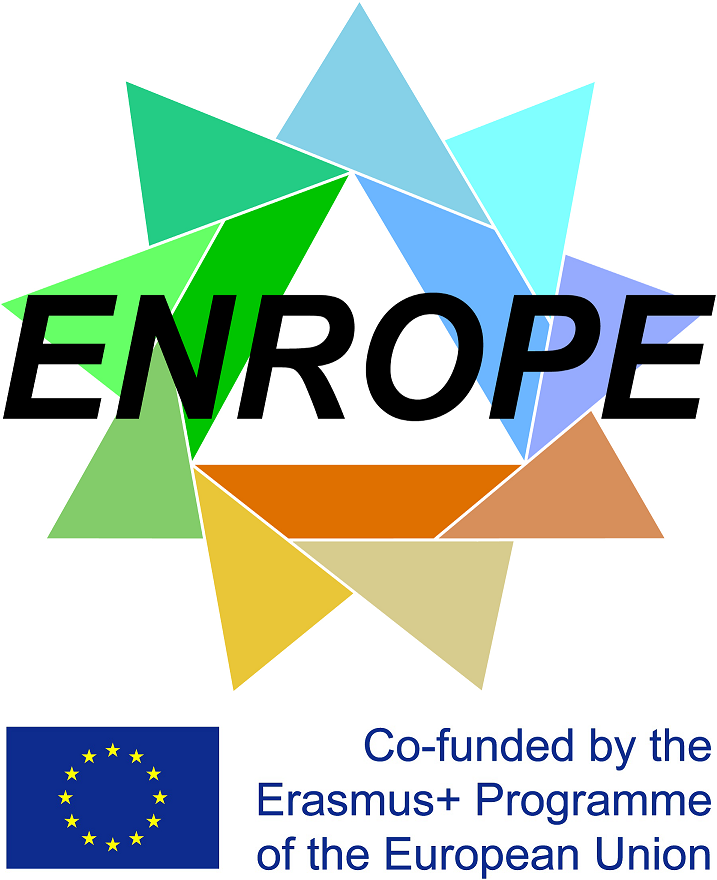Hello all ENROPErs,
Some time has passed since we last met for the third and final Intensive Study Week “in” Barcelona, and we think that it is time for an ENROPE reunion meeting.
So, here comes our save-the-date message for everyone waiting and wanting to touch base, keep in touch, and continue the ENROPE experience: We will meet on Tuesday, 8th February 2022 from 2-5 pm (CET). For this online event, we are planning for family-group reunions, special interests workshops related to ENROPE topics, and opportunities for you to learn more about the Langscape International Research Network and how ENROPErs can connect with Langscape in the future.
A more detailed schedule and a registration link will be available soon.
We hope to see you all in February next year and send our very best wishes from the ENROPE project team.
Dear LANGSCAPErs,
Gabriela Meier has shared a Call for Participation for two linked, but separate study opportuinities with the LANGSCAPE office. We are especially glad to forward it to all of you, as it regards the ENROPE project.
ENROPE launched two exciting calls:
- Online Study Phase (OSP#2): 3 March to 30 April 2020 (register by 3 March 2020)
OSP#2 Focus: Networking and Collaboration (identify networks and research challenges, discussion with peers and experts, develop ideas for collaboration). Go to OSP#2 info and registration. Participation is free of charge.
- Intensive Study Week (ISW#2) in Paris: 29 June to 3 July 2020 (application by 6 March 2020)
ISW#2 Focus: How languages influence parts of the research reports or theses (co-working, discuss your own work, develop professional competencies). Go to ISW2 info and application form. There are bursaries for students from partner universities.
ENROPE is an Erasmus+ project building a European Network for Junior Researchers in the Field of Plurilingualism and Education (2018-2021). As its centrepiece, it offers an Intensive Study Programme consisting of annual Intensive Study Weeks and interlinking Online Study Phases.
Please display the posters (download via the buttons above) in your institution and disseminate this message widely through your networks.
Please pass this on to postgraduate, early career and established researchers who study bi/multilingualism in educational contexts or related topics, or educational researchers whose work involves more than one language and/or multilingual data.
Kind regards,
Florian Möller



